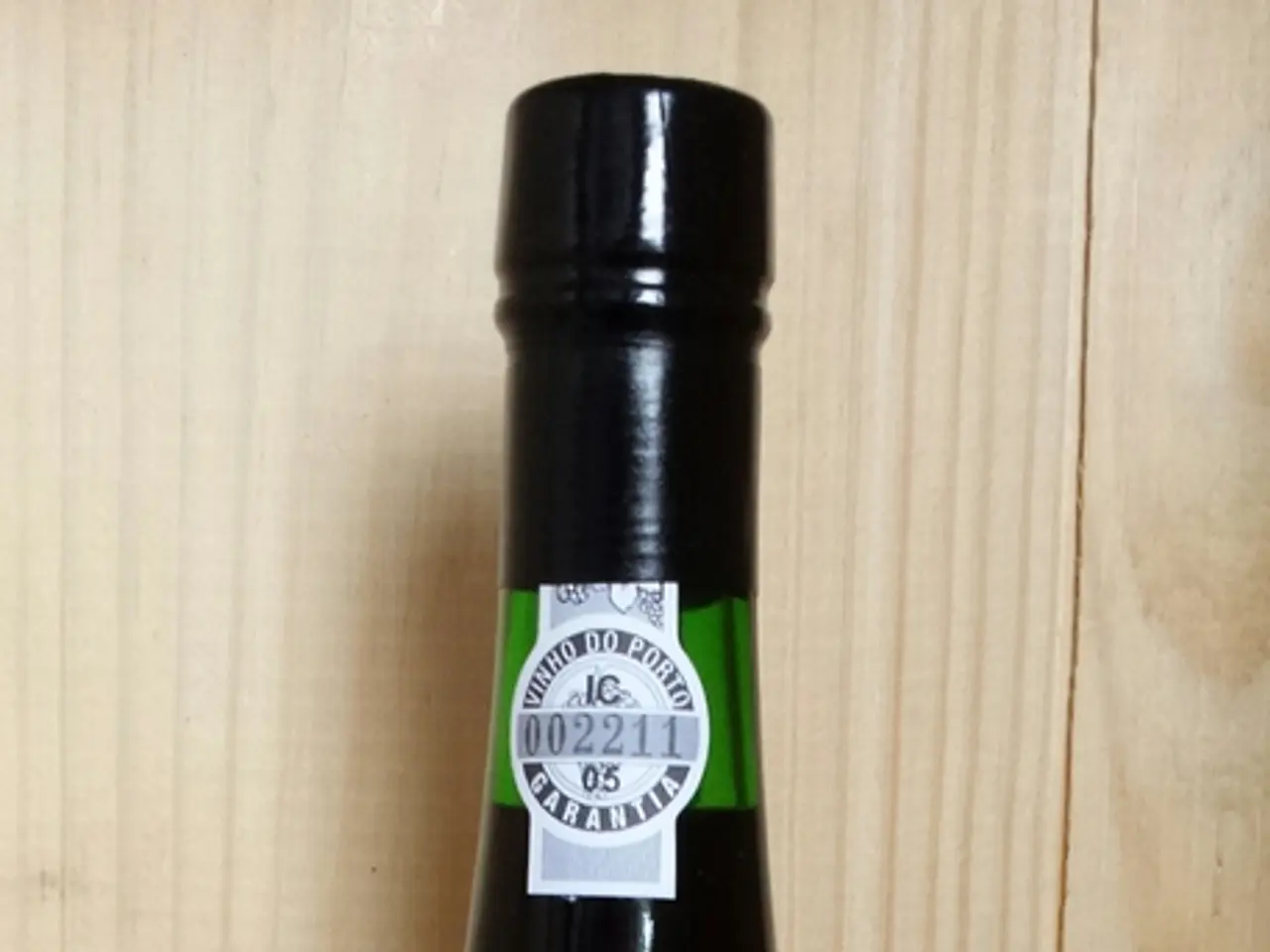Federal Council Initiative Abolished: Bavaria Ends Compulsory Consumption of Alcoholic Drinks Together - Bavaria implements Federal Council's plan to end companion alcohol consumption
In a significant move towards stricter alcohol control for minors, the Bavarian government has proposed a federal council initiative to abolish the current rule in Germany allowing supervised drinking of beer, wine, and sparkling wine by children aged 14 and 15.
Under the existing regulation, teenagers as young as 14 can consume these alcoholic beverages if accompanied by a legal guardian. The proposal calls for a ban on this supervised drinking practice.
The initiative, which is currently under discussion at the federal council level, is supported by the health ministers of the states, including Bavaria, and the federal drug commissioner, Hendrik Streeck (CDU). The Bavarian government believes that the current regulation contradicts its goal of preventive youth and health protection.
Health Concerns and Public Opinion
The arguments for the initiative are largely based on health concerns and public opinion. Health Minister Nina Warken and other ministers from German states support the initiative, driven by concerns over the health risks and early alcohol exposure among young teenagers.
According to a Forsa survey commissioned by the health insurance company KKH, 65% of Germans support ending the rule that allows young teens to drink under supervision. Additionally, 52% support raising the general legal drinking age for beer and wine from 16 to 18.
The initiative is framed as a measure to protect young people from alcohol at an early age, potentially reducing alcohol-related harm later in life.
Implications of the Initiative
If enacted, the initiative would eliminate the exception permitting supervised drinking at age 14 and 15, aligning legal regulations with public health recommendations. It could also have significant social and cultural impacts, challenging a long-standing cultural norm in parts of Germany where supervised drinking is traditionally accepted.
The proposal reflects an emerging consensus among health policymakers and a significant segment of the public to tighten alcohol regulations for minors. This could influence broader legislative reforms on youth alcohol consumption in Germany and possibly other EU countries.
At the age of 16, young people in Bavaria can officially buy beer, wine, or sparkling wine. The Bavarian government's proposal aims to change the current regulation on supervised drinking for young people aged 14 and 15. The federal government is currently considering the Bavarian government's proposal.
References: [1] Forsa Survey commissioned by the health insurance company KKH (2021). Public Opinion on Supervised Drinking and the Legal Drinking Age in Germany. Retrieved from https://www.kkh.de/fileadmin/user_upload/pdf/Arbeitskreise/Arbeitskreis_Gesundheit/Forsa_Umfrage_Jugendschutzgesetz_2021.pdf
- The Bavarian government's proposal for a federal council initiative aims to modify the community policy regarding supervised drinking, with a view to abolishing the current regulation in Germany that allows teenagers aged 14 and 15 to drink alcohol under supervision.
- This proposed policy change is supported by various health ministers of German states and the federal drug commissioner, fueled by concerns over mental-health, health risks, and early alcohol exposure among young teenagers.
- The Science and health-and-wellness sectors are not the only domains that might be affected by the initiative, as policy-and-legislation and politics come into play as well, with potential implications for general-news and fitness-and-exercise sectors.
- If enacted, vocational training for those working in the alcohol industry may need to be adjusted to ensure compliance with the new regulation, emphasizing the prevention of underage drinking and promoting responsible alcohol practices among youth.








